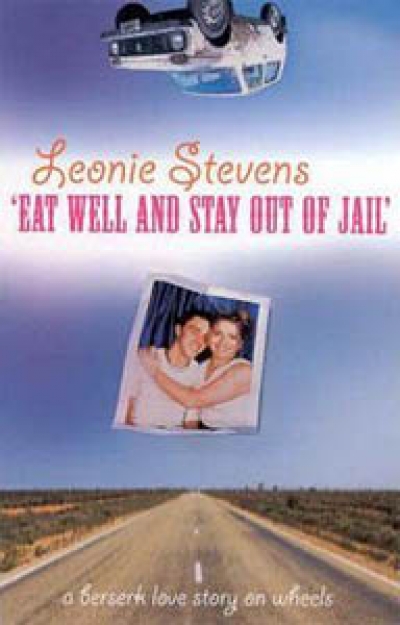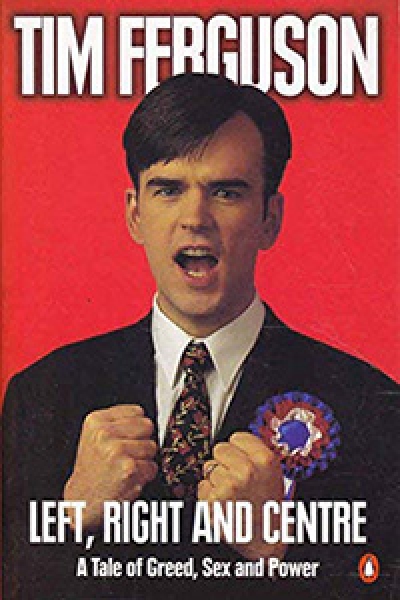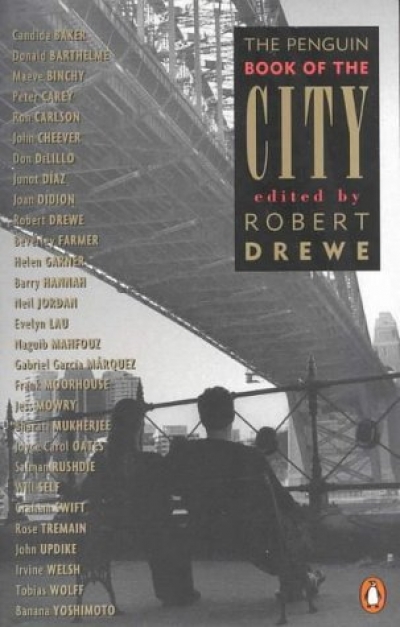It is a truism that poets don’t need to write their autobiography. Roland Barthes, with his ‘death of the author’, may have thought otherwise but in Barbara Giles’ new book, Poems: Seven Ages, published in her eighty-seventh year, there is no mistaking the autobiographical core.
Though neither the title nor the blurb suggests it, Poems: Seven Ages is really a ‘selected’. Giles has gone back over her four earlier books, chosen what she (or perhaps her editor, Judith Rodriguez) thinks are the best poems and arranged them in chronological order according to subject, rather than date of composition or publication. Thus we have sections corresponding with her childhood in England, her earlier married life, her mid-life preoccupations, and the poems on women’s ageing from which she has been most anthologised.
...
(read more)










